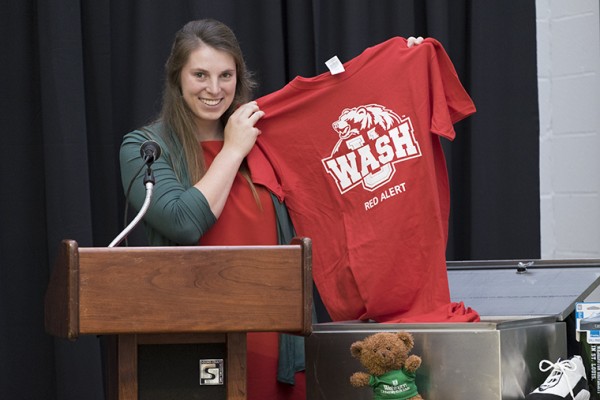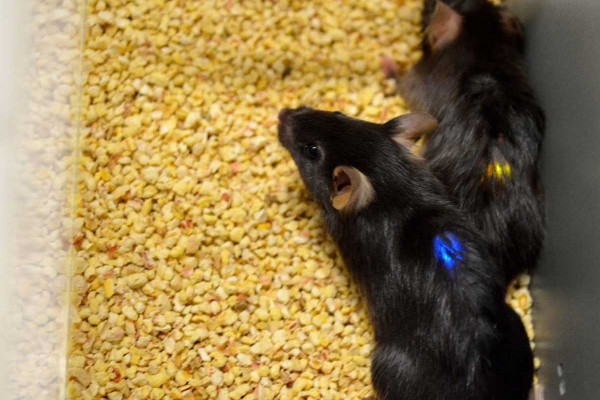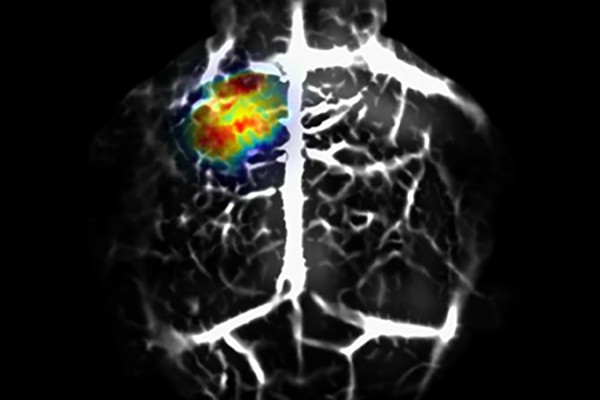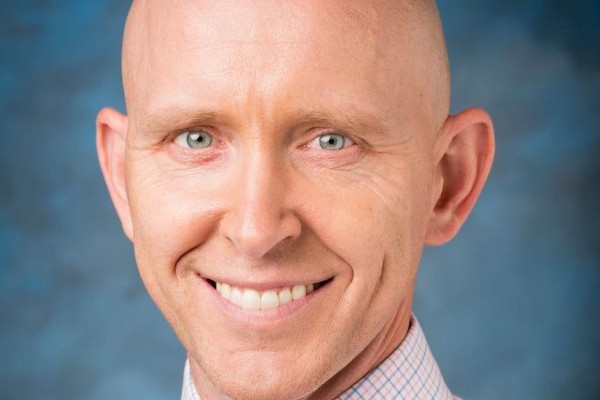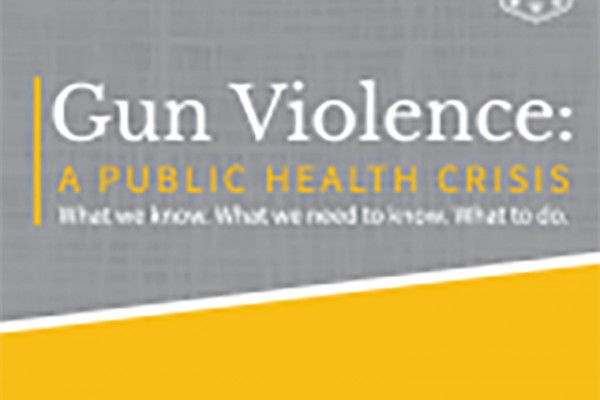Washington University again among top contributors to Teach For America
Teach For America recently released its annual list of schools contributing the greatest number of alumni to its 2015 teaching corps. Among medium-sized universities, Washington University in St. Louis is again among the top contributors.
Research training symposium celebrates 10th year
This year marked the 10th annual research training symposium and poster session on the Medical Campus, in which students, residents and junior faculty present basic, clinical and translational research projects. It’s also the fifth year that students from Meharry Medical College in Nashville participated in the program and the School of Medicine’s Summer Research Program.
Do not open until 2065: Time capsule celebrates history of WashU athletics
Buried in the cornerstone of Gary M. Sumers Recreation Center, a time capsule placed Nov. 7 contains a 2015 course catalog; a piece of the Francis Gym floor; an original Red Alert shirt; and a letter from Athletic Director Emeritus John Schael to the athletic director of 2065.
Implantable wireless devices trigger — and may block — pain signals
Building on wireless technology that has the potential to interfere with pain, scientists have developed flexible, implantable devices that can activate — and, in theory, block — pain signals in the body and spinal cord before those signals reach the brain.
The View From Here 11.9.15
Images captured in and around the Washington University campuses. To view captions, click on the “i” in the upper-left corner.
Flipping the switch to better see cancer cells at depths
A team of engineers, led by Washington University’s Lihong Wang and postdoctoral researcher Junjie Yao, found that by genetically modifying glioblastoma cancer cells to express BphP1 protein, derived from a bacterium commonly found in soil and water, they could clearly see tiny amounts of live cancer cells as deep as 1 centimeter in tissue using photoacoustic tomography.
Estelí Gomez, Eric Hoeprich and Seth Carlin present Liederabend Nov. 15
Grammy-winning soprano Estelí Gomez (pictured) and renowned clarinetist Eric Hoeprich will join professor of music Seth Carlin Nov. 15 for Washington University’s 2015 Liederabend.
Transgender Day of Remembrance events to be held on Washington University campus
Nov. 20 is national Transgender Day of Remembrance. Two events will be held on the Washington University in St. Louis campus, organized by student groups dedicated to creating an inclusive environment for the LGBTQIA community and to mark Trans* Awareness Week (TAW). The events will shine a light on the societal obstacles and legal barriers that generate and perpetuate hate-based violence and systemic oppression.
WashU Expert: Russia’s doping scandal
It’s another far-reaching global sporting scandal as the World Anti-Doping Agency recommends the International Association of Athletics Federations (IAAF) suspend Russia from athletics competition. Washington University’s Olin Business of Sports Program Director Patrick Rishe says the decision could have fallout of Olympic proportion.
Gun violence initiative event to look at school-based approaches
Harold Pollack, PhD, co-director of the University of
Chicago Crime Lab, will talk about socio-economic and school-based
approaches and strategies for reducing gun violence and why they have or
have not worked, during a keynote at 2 p.m. Nov. 12 in the Clark-Fox Forum at the Brown School’s Hillman Hall on the campus of Washington University in St. Louis.
View More Stories


